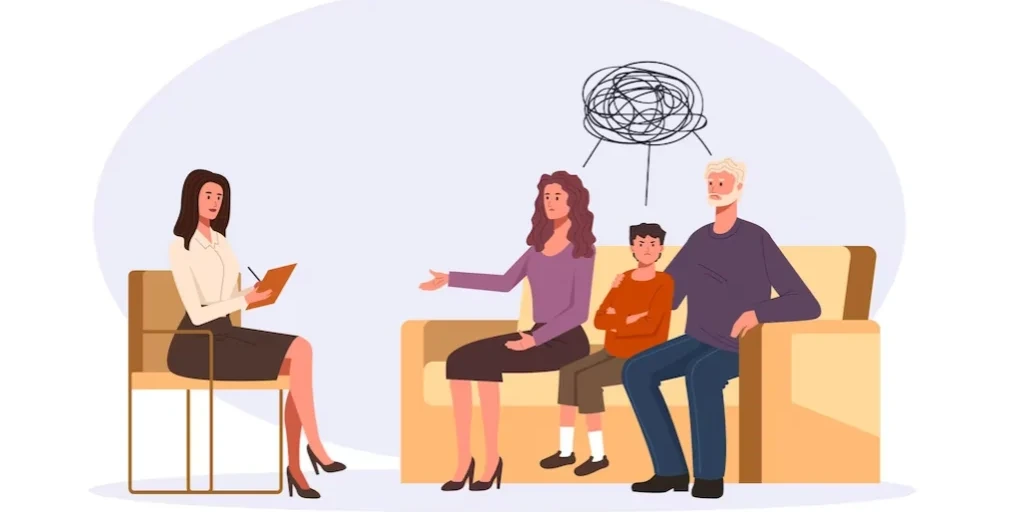24/7 Helpline:
(866) 899-221924/7 Helpline:
(866) 899-2219
Learn more about PTSD Treatment centers in Redondo Beach
PTSD Treatment in Other Cities

Other Insurance Options

UnitedHealth Group

Sliding scale payment assistance

United Health Care

ComPsych

UMR

Magellan Health

Optima

GEHA

Cigna

Ceridian

State Farm

BlueShield

Highmark

Meritain

Health Partners

WellCare Health Plans

Regence

AllWell

American Behavioral

Covered California

Clear Recovery Center – Redondo Beach Outpatient
Clear Recovery Center offers outpatient services for individuals with alcohol and/or substance addic...

Clear Recovery Center – Redondo Beach Residential
Clear Recovery Center – Redondo Beach Residential is a private rehab located in Redondo Beach, Calif...















